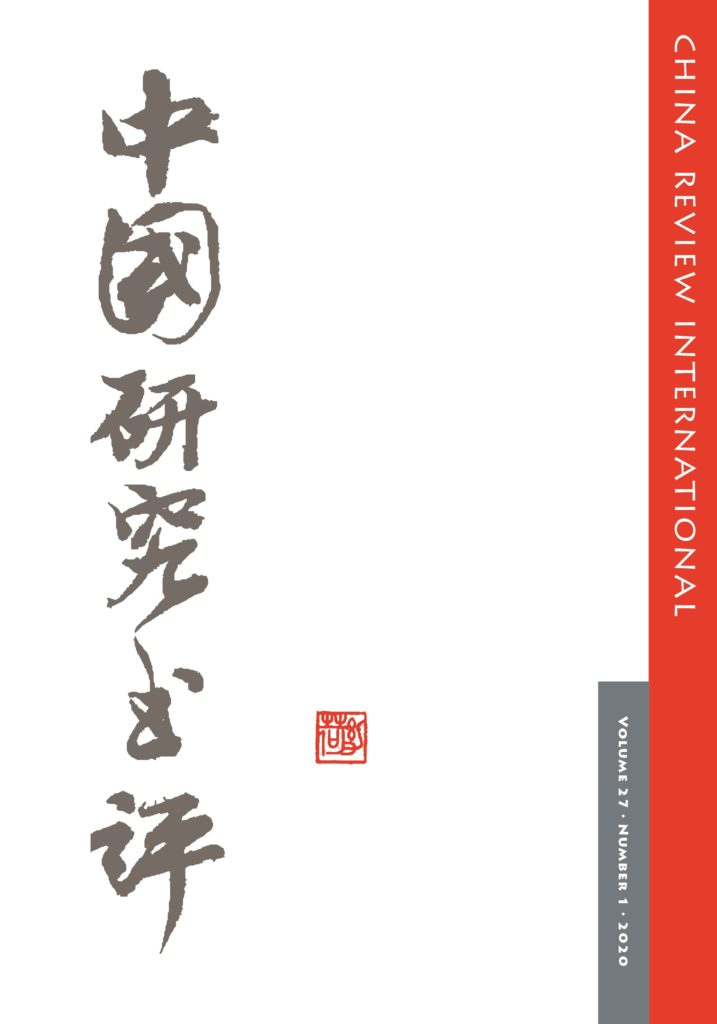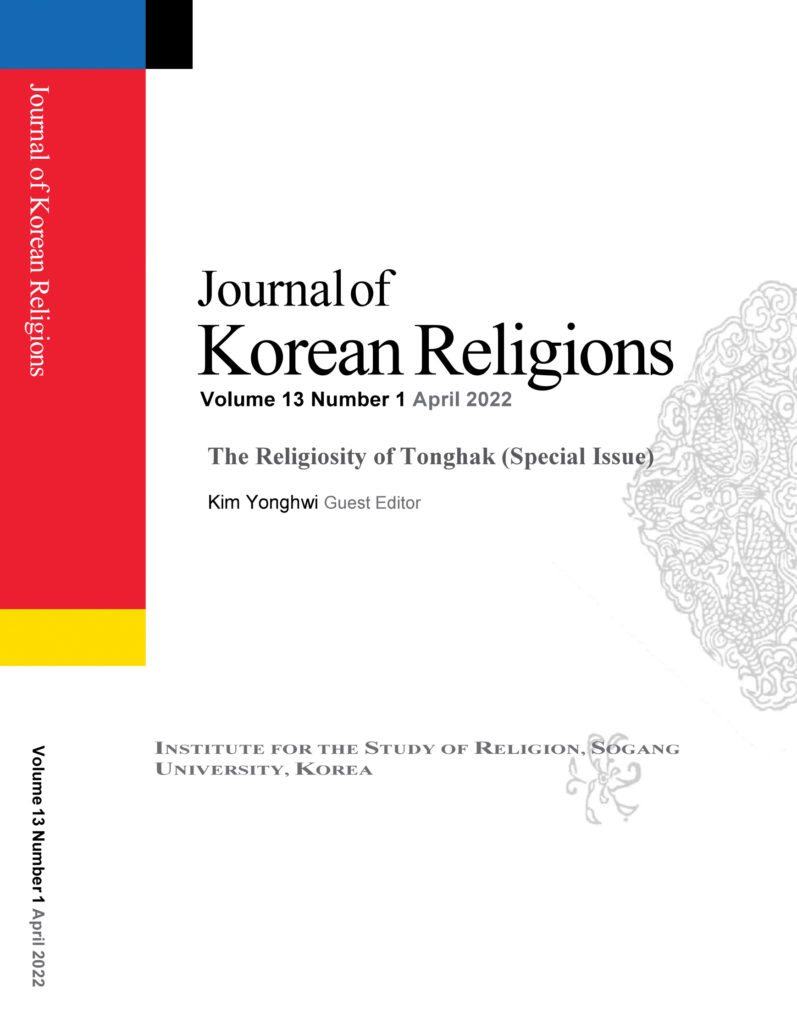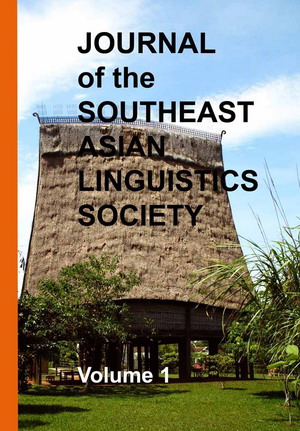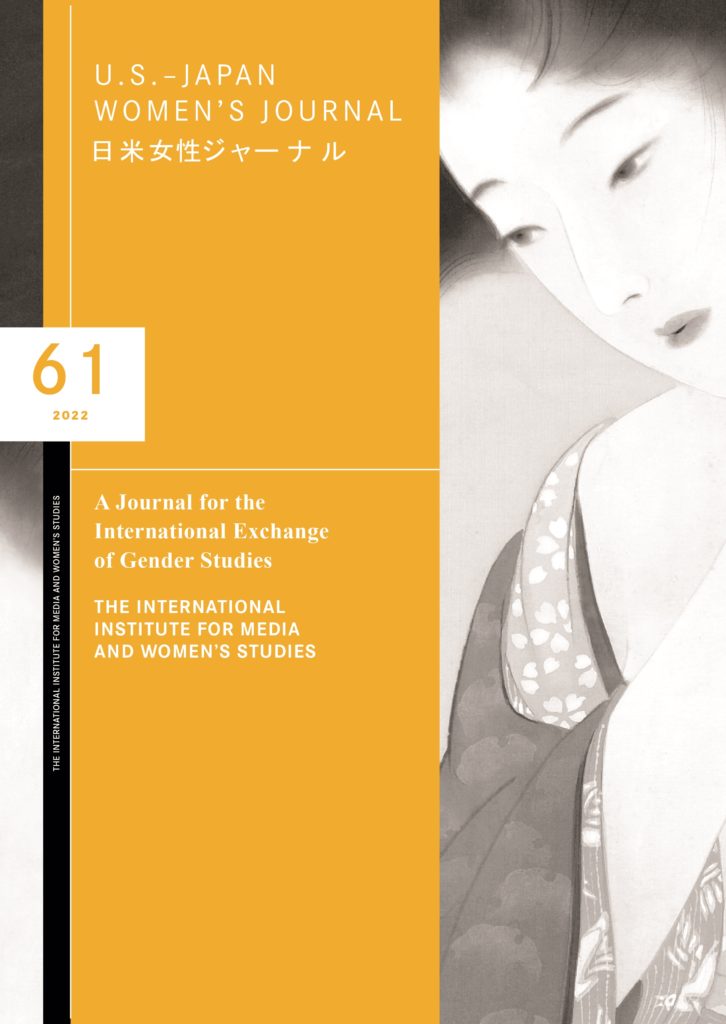
China Review International
Volume 17-1 (2020)
Between Disaster, Punishment, and Blame: The Semantic Field of Guilt in Early Chinese Texts by Thomas Crone (review)
Michael Nylan
Dictatorship by Degrees: Xi Jinping in China by Steven P. Feldman (review)
John Sagers
Confucianism and Sacred Space: The Confucian Temple from Imperial China to Today by Chin-shing Huang (review)
Deborah Sommer
The Inconvenient Generation: Migrant Youth Coming of Age on Shanghai’s Edge by Minhua Ling (review)
Yinni Peng
Queer Chinese Cultures and Mobilities: Kinship, Migration, and Middle Classes by John Wei (review)
Shunyuan Zhang
Find more articles at Project MUSE.

Journal of Korean Religions
Special Issue: The Religiosity of Tonghak
Volume 13, Number 1 (2022)
The new issue includes the following articles and reviews:
The Philosophical Turn in Tonghak: Focusing on the Extension of Ethics of Ch’oe Sihyŏng
Cho Sŏng-hwan
The Faith of Sich’ŏnju in Tonghak/Ch’ŏndogyo and its Method
of Practice
Kim Yonghae
Find more research articles and reviews at Project MUSE.

Journal of the Southeast Asian Linguistic Society
Special Issue:
Vietnamese Linguistics: State of the Field
The new issue features the following introduction by Trang Phan, John Phan, and Mark J. Alves
The current issue is the result of a workshop held at the Harvard Yenching Institute in April of 2021, entitled Vietnamese Linguistics, Typology and Language Universals, and which featured nineteen linguists working on diverse aspects of the Vietnamese language, ranging from semantics to historical phonology. Our purpose in gathering was to take stock of the great leaps in Vietnamese linguistic research that have occurred over the past few decades, to bring together cutting-edge research from each subdiscipline, and to begin a new collaborative dialogue on Vietnamese linguistics, typology, and language universals. Most of all, it was our belief that the time had come to reconsider Vietnamese linguistics as a unified field of inquiry. As a result, a new academic organization was founded: the International Society of Vietnamese Linguistics.
In the past twenty years, research into the Vietnamese language has advanced exponentially, in tandem with developments in our understanding of syntax, semantics, phonetics, and phonology—both on the synchronic and diachronic levels. Specific work on the Vietnamese language now informs and even leads broader linguistic inquiry in a number of unprecedented ways. These new developments invite a concentration of state-the-field research into a single volume, one that will serve not only to summarize current issues in each subdiscipline of Vietnamese linguistics, but also to initiate a longer, more collaborative conversation about the Vietnamese language.
Our goals in this special issue are thus twofold: first, we seek to provide a snapshot of current research into Vietnamese syntax, semantics, phonology, and phonetics, from both the historical and synchronic points of view, that may serve as a resource for linguists interested in exploring our current understanding of the Vietnamese language. Second, we hope that this issue will also serve as an invitation to all linguists working on the Vietnamese language or related languages to contribute to a broader, more cosmopolitan discussion—one in which discoveries of one subdiscipline may serve to inform or enlighten another.
Find more articles at eVols.

U.S. – Japan Women’s Journal
Volume 61 (2022)
The new issue features the following articles:
“Unseasonal Winds of Love”: A History of Prostitution and the Foreign Community in Early Modern Nagasaki
Martha Chaiklin
Historian and Feminist Kanō Mikiyo: A Lifetime of Writing Against Japanese Imperialism
Setsu Shigematsu
The “Emperor’s Heart” and the “Mother’s Heart”: What Gave Rise to the “Mothers of Yasukuni”
Kanō Mikiyo, Setsu Shigematsu
War-Themed Shōjo Manga as a Site for Female Subjectivity: An Aesthetic Analysis of Mothers and Daughters Narrating War
Kaori Yoshida, Kazumi Nagaike
Androids for the Stone Age?: Individuality, Space, and Gender in Murata Sayaka’s Convenience Store Woman
Ronald Saladin
Find more articles at Project MUSE.




